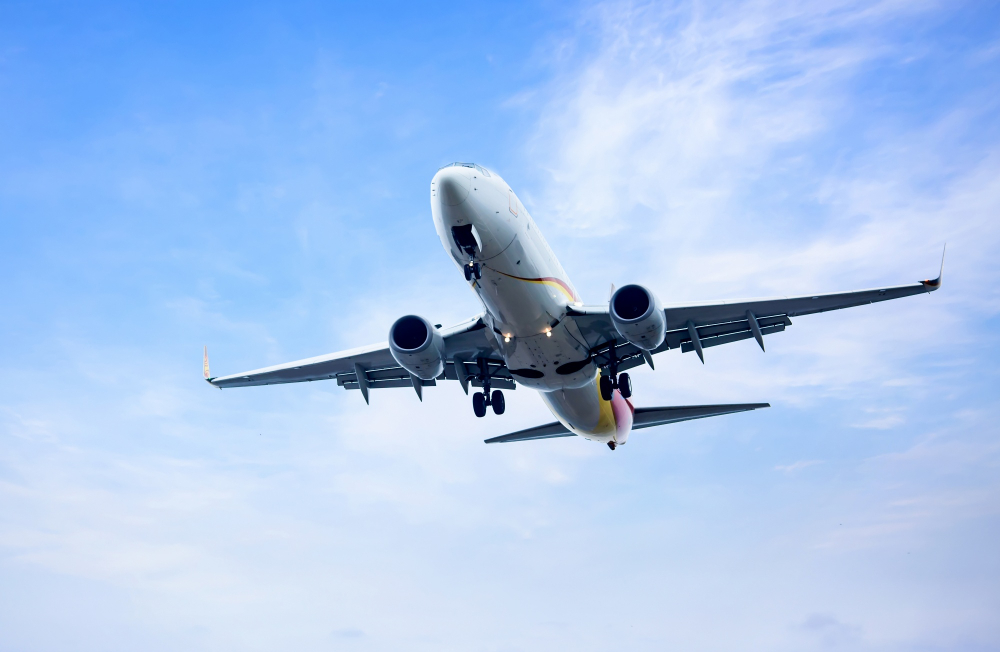As of 2021, airlines generally allow passengers to bring mobility devices, including scooters, on board. However, regulations regarding the type of batteries acceptable on airplanes can be quite specific.
The type of battery your mobility scooter uses plays a crucial role in whether you can bring it onto a plane. Different types of batteries have different regulations:
- Non-spillable Wet Batteries (also known as Gel Cell or Sealed Lead Acid batteries): These are typically allowed on planes. They may need to be disconnected and the terminals protected to prevent accidental activation. Non-spillable batteries do not require removal from the device as long as the battery terminals are protected from short circuits.
- Spillable Wet Batteries (also known as Lead Acid batteries): For these, the battery usually has to be removed, and the airline needs to package it separately. The battery box or compartment might need to remain in the checked mobility device.
- Lithium-Ion (Li-ion) Batteries: Mobility scooters that use Lithium-Ion batteries are usually allowed on planes, but they are subject to some restrictions based on the battery’s watt-hour (Wh) rating. For example, as of my knowledge cutoff, devices with lithium-ion batteries exceeding 300 Wh or devices containing two lithium-ion batteries exceeding 160 Wh each were not permitted on passenger aircraft.
Remember to contact your airline before you travel to confirm their specific rules and regulations regarding mobility scooters and batteries. Policies may vary from one airline to another, and the airline may require you to take certain steps to prepare your scooter for the flight.
You should also inform the airline in advance if you’re going to be traveling with a mobility scooter. Airlines typically need to know about any mobility devices or other assistive devices passengers will bring, and they can offer assistance for getting the scooter onto the plane.
Note: The specifics regarding battery types and airline regulations may have changed post-September 2021. Always check with the current guidelines provided by your airline and the FAA (Federal Aviation Administration) or the equivalent authority in your country.

